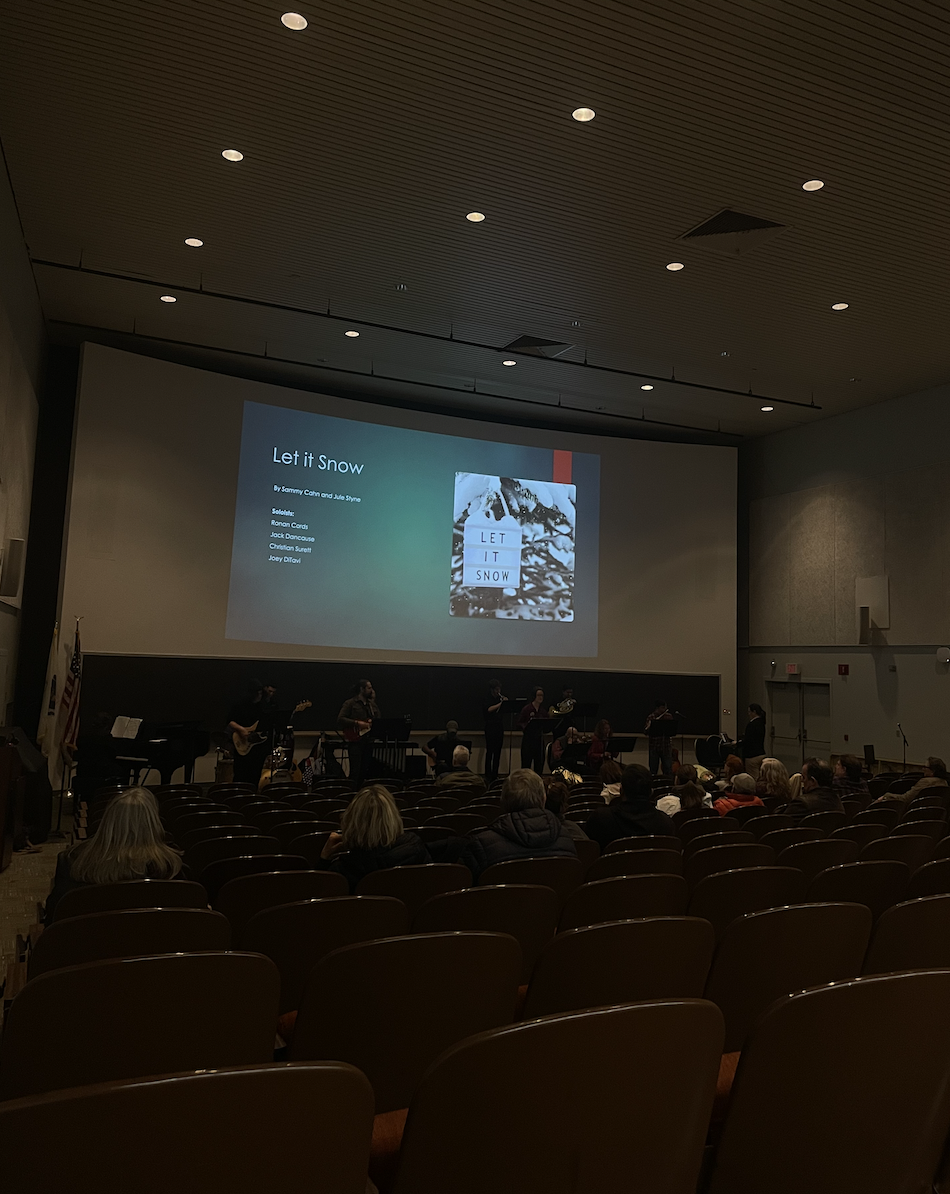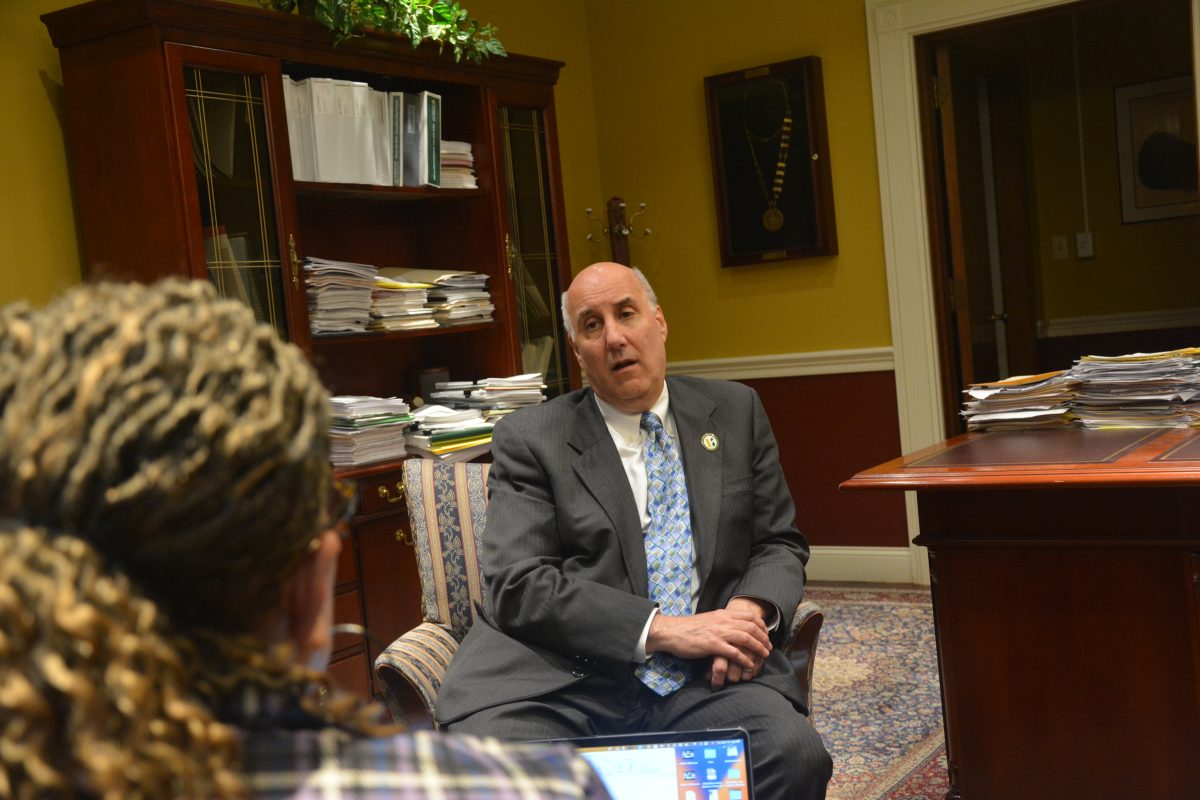By Aaron Dias

What was the biggest part of your decision to live at college? For many people, it was the idea that the “college experience” was an once-in-a-lifetime experience. It was the thing that everyone, from your parents to the student tour guides, keeps telling you about: “When I was in my freshman year, I never left my room. Now I go out and I never regret it” and all that jazz.
Is it that easy for people to break out of their shells and journey out of their comfort zones?
Introversion, for some, “is just how they operate,” says Dr. Robert A. Hynes, director of Counseling Services here at Fitchburg State University. However, there are people who suffer from social anxiety in college and it’s that anxiety that keeps them away from social activity.
The Social Anxiety Institute defines social anxiety as “the fear of interaction with other people that brings on self-consciousness, feelings of being negatively judged and evaluated, and, as a result, leads to avoidance.” Someone with this fear may want to go out and be social, but their anxiety keeps them away from people. These are the types of cases that Dr. Hynes sees.
Social anxiety is a common problem on college campuses. According to Dr. Hynes, roughly 40 percent of people who come to Counseling Services show symptoms of social anxiety. On a grander scale, in the United States, 40 million adults suffer from social anxiety, according to the National Institute of Mental Health.
It takes a lot of different forms. “A woman hates to stand in line in the grocery store because she’s afraid that everyone is watching her,” according to one example from the Social Anxiety Institute. “She knows that it’s not really true, but she can’t shake the feeling.”
It’s not as easy to spot on the surface, Hynes says. It may be easy to say that some people are socially anxious because they go home on the weekends or spend a lot of time in their room. “They might have to work or take care of their younger brother,” Dr. Hynes says, “or some people find it easier to study when they are by themselves.” In short, he was perfectly clear that introversion and social anxiety are two different things that may just look similar.
Attending classes with a large number of students may trigger someone’s social anxiety, which would make it difficult to focus in class. The constant pressure of the “all eyes on you” mentality may drive a student away from a university. Students may even skip classes due to the discomfort of being in such a public place.
Any illness in the mental-health spectrum can be difficult to live with. Thankfully, Fitchburg State offers resources to help students overcome this. Any student who feels that he or she is suffering from social anxiety should see Counseling Services immediately. There they have qualified professionals to help students overcome challenges; the way that Dr. Hynes treats most of his clients is through exposure.
What can you do to help someone who has social anxiety? “It can be as simple as asking them, ‘Hey dude, do you wanna grab lunch?’” Dr. Hynes said. Most people who have social phobia want to socialize and are more likely to engage if they are asked, he said. Hynes said people who have social anxiety are not afraid of people, but rather of being rejected or shunned by people. They want to make friends and make the most out of college but can’t.
So, the next time you see someone who might be socially anxious sitting alone in the dining hall, why not take a seat by them? After all, it’s college, it’s all about meeting people and trying new things.
Categories:
Social Anxiety Affects College Students
October 20, 2015
0
More to Discover






